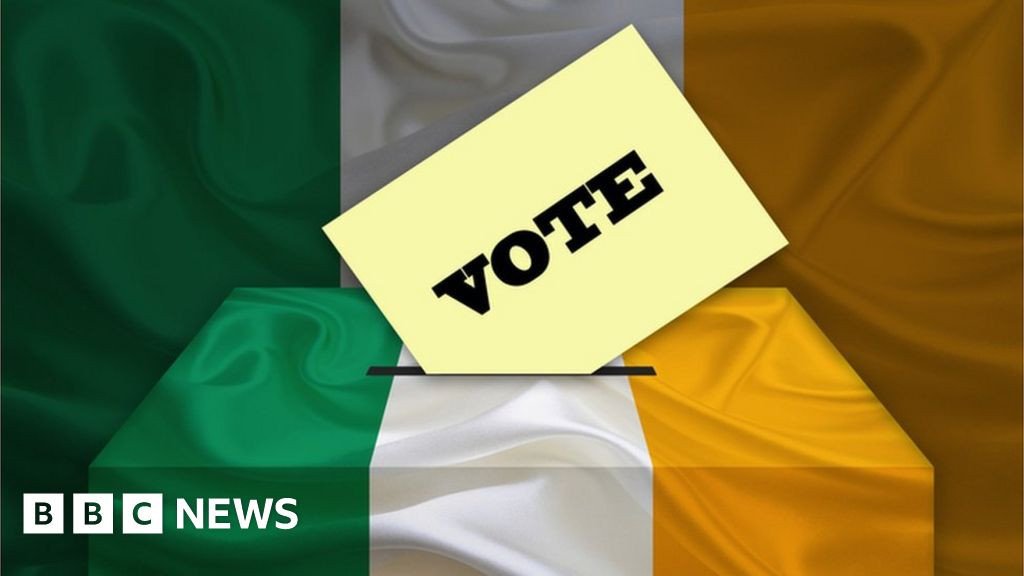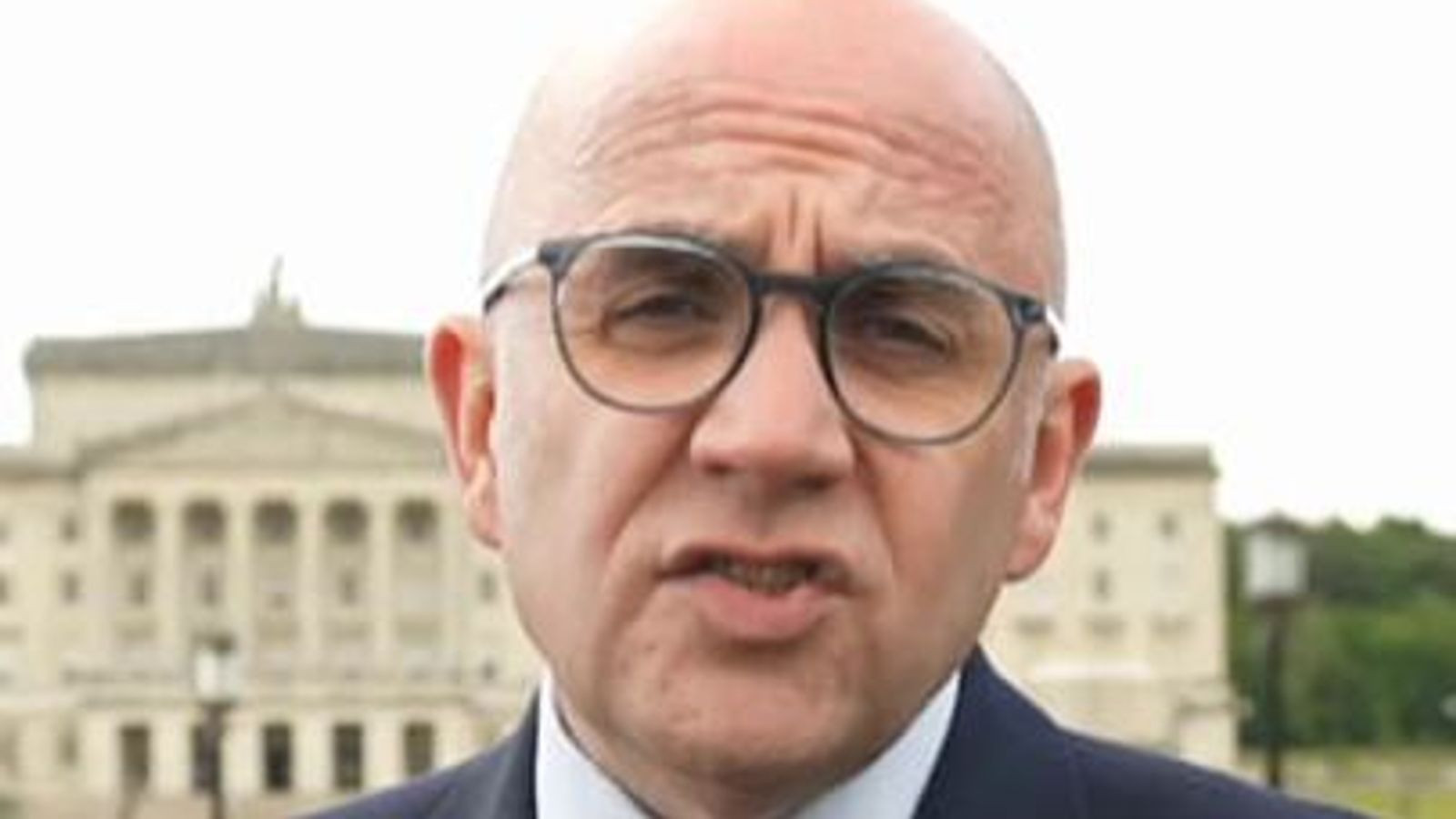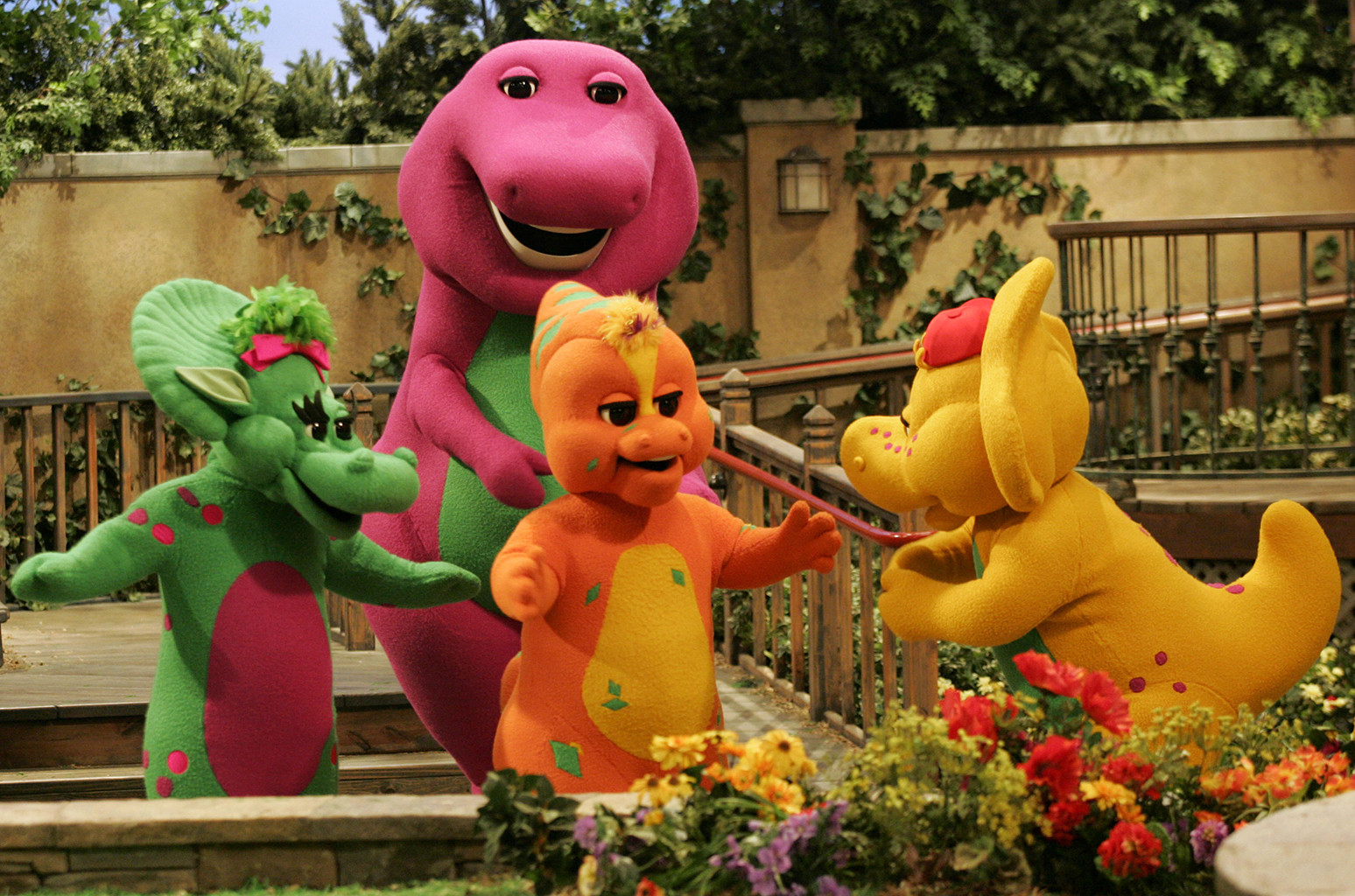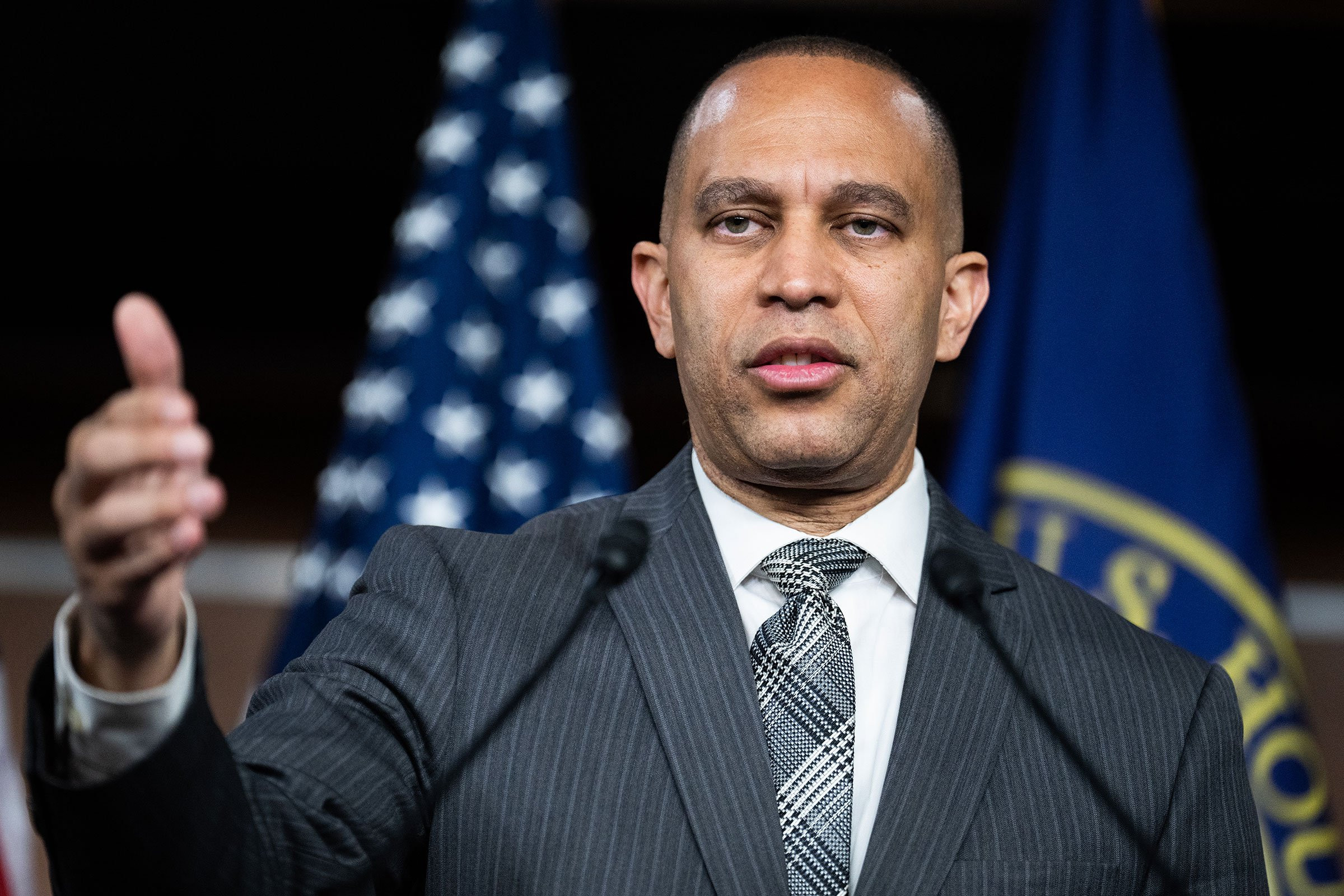Irish General Election 2024: Football Takes Center Stage
As Ireland heads to the polls on Friday, November 29th, 2024, a surprising element has emerged as a key topic of discussion: football. This unexpected development is largely due to the proactive engagement of the Football Association of Ireland (FAI) and a significant surge in funding allocated to the sport. The timing of these developments, coinciding with the election campaign, has sparked debate about their true motives.
The Unexpected Rise of Football in Irish Politics
The FAI's strategic efforts to increase public engagement, particularly during this election period, have played a pivotal role in bringing football to the forefront of political conversations. This is particularly relevant given football's status as the nation's largest participation sport.
A Surge in Funding and its Timing
The FAI has proudly announced a massive €110 million in state aid for various projects across Ireland. However, the timing of this announcement has raised questions. Four years have elapsed since the last significant allocations from the Large Scale Sport Infrastructure Fund (LSSIF) and Sports Capital Programme. This suggests a strategic political move to leverage the popularity of football in the ongoing election campaigns.
Political Promises and Sporting Infrastructure
This election has seen several parties making significant pledges to improve sports infrastructure and funding. Three parties—Fianna Fáil, Labour, and Sinn Féin—have all committed to increasing the betting levy from 2 percent to 3 percent, generating an estimated additional €49 million annually. These funds are intended for investment in sporting infrastructure. This initiative, originally proposed in 2019, highlights the growing recognition of football's economic impact, particularly considering the findings that 20-30 percent of all bets placed in Ireland relate to football.
Beyond the Betting Levy: Party Manifestos and Their Sports Policies
Fianna Fáil and Labour propose using these increased funds for sporting infrastructure. Fine Gael has allocated significant space in its manifesto to sport, aiming to increase adult participation rates, support inclusion for people with disabilities, and improve the vetting process for volunteers. They also plan to ensure all towns with over 1,500 inhabitants have access to a range of sporting facilities. Other concrete initiatives include tax relief for gym memberships, mirroring Fianna Fáil's pledge. In contrast, Sinn Féin and the Social Democrats focus on supporting children's sports participation with proposals like activity cards or vouchers. The Green Party, meanwhile, prioritizes the participation of women and girls in sports. People Before Profit advocate for a 50 percent increase in sport and recreation spending and propose a basic income for elite amateur athletes.
The Future of Irish Football and the Election's Impact
This election season has shone a spotlight on the need for improved player development in Ireland, particularly given Brexit’s impact on players' ability to move to the UK before the age of 18. Parties have made several commitments to support football academies and grassroots funding, recognizing the critical role of football in community integration and gender equality. The FAI, meanwhile, continues to grapple with financial challenges and the need for adequate facility development. The FAI's chief executive has emphasized the urgent need for investment in infrastructure to support the growth of the game at all levels. While the injection of significant funding signals a step in the right direction, the FAI also stresses that it requires increased funds to generate its own contributions. These include the creation of a facilities fund and an ambitious facility development plan. Success will depend on maintaining momentum and delivering on promises after the election. The upcoming election has heightened awareness of the importance of a sustainable future for the sport and the ongoing need to address the considerable challenges faced by the FAI. These include the need for improved facilities, and addressing concerns around match-fixing and responsible gambling, particularly in amateur football. The need for a collaborative approach between the FAI, political parties, and the wider community is paramount.
The Verdict: Goals On and Off the Pitch
The increased attention on football during this election cycle represents a positive development for the sport in Ireland. The considerable financial contributions and policy commitments from various political parties demonstrate a growing recognition of football's socio-economic impact. However, the true measure of success will ultimately lie not in pre-election promises, but in the actual delivery of tangible improvements to infrastructure, funding, and overall governance of the sport post-election. The focus should shift from election-driven gestures to the creation of sustainable long-term growth for the future of football in Ireland. The outcome of the election will undoubtedly shape the landscape for the sport and the FAI in the years to come, as the need for long-term strategic planning takes precedence. The final whistle hasn't blown on this particular game just yet. Only time will tell who truly scores.


















